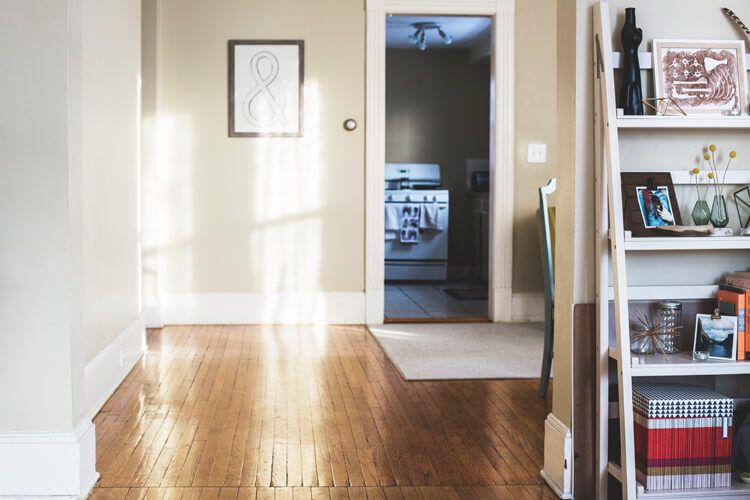Toxic Mold in the Home
Mold is a great concern today. People talk about it, and also the national media discusses it with recklessness. The word mold can create fear. Buyers often fear that a home may have mold or, even worse, that it might have toxic mold.
Toxic vs Non-toxic Mold
There are many misconceptions about mold. For instance, people have the mindset that they should only worry about the toxic mold. In other words, if the mold is non-toxic, they will rather not think about it or even give the presence of mold doubt. On the other hand, if it is considered as toxic mold, they will panic. The experts say that both of these reactions are instances of misinformed people who display the wrong attitude.
Should You Test Your Home for Toxic Mold?
Another misconception, closely linked to the first one above, is that all mold ought to be tested in a lab to see just how toxic it might be. Experts state that rarely, to almost never, is there any need to test for any specific type of mold. They work from the theory that all molds that grow inside of the house are bad. According to exterior home experts South Pacific Scaffolding, mold outside the house is usually okay and to be expected, though you would not want it growing on, and then damaging, the structural timber of the home.
The experts advise that anytime mold is found, to get rid of the mold and then correct the conditions that caused it; excess moisture or lack of ventilation. The truth is, any mold inside the house might be toxic to someone somewhere else as different people have different sensitivities to the mold.
Get Rid of Mold Before it Spreads
Molds are dangerous because they reproduce fast. Spores get into the air, and they are hard to remove. When inhaled many mold spores can make people have respiratory problems. Other issues that mold causes are rashes on the skin and immune problems if exposed to for an extended period of time. It is so crucial to remove and prevent mold in your home.
Clean and Dry Mold to Stop and Prevent Mold Growth
Clean and soak up as much of the water as you are able to. Hire a professional to come into the house with high powered fans and dehumidifiers. Some are easier to spot than others. If you see mold growing in your roof space, it might take some research to discover how the moisture is getting in. Begin by wearing protective gear. Gloves, long pants, a face mask and a long shirt, should keep you safe from minor mold cleanup. Ensure to use old dress because you might want to throw it away after you are done.
Ventilate, sanitize and dry the area to make sure that the mold does not grow back.
Prevention is crucial to avoid having to eliminate mold in the first place. Maintenance and an observant eye should prevent you from having to worry about mold removal.
Guest article by Hunny Sharma


1 comment
So true… Mold can damage health, but also structures. So, all molds need to be addressed, whether it is considered “toxic” or not.